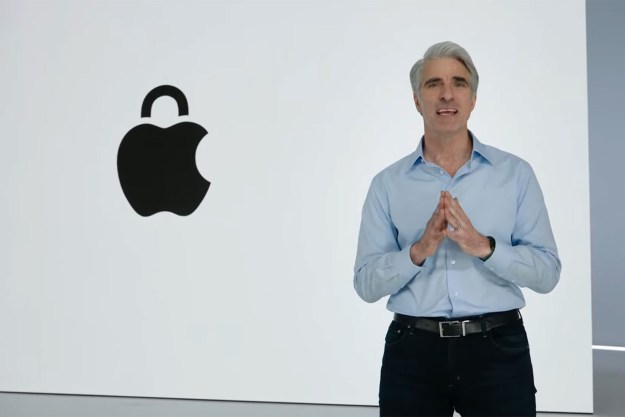 Microsoft has lashed out against Apple’s typographical choice in the latest installment of the ongoing dispute over Apple’s attempt to trademark “App Store.” It’s too small, the software giant said in new motion filed this week with the U.S. Patent and Trademark Office.
Microsoft has lashed out against Apple’s typographical choice in the latest installment of the ongoing dispute over Apple’s attempt to trademark “App Store.” It’s too small, the software giant said in new motion filed this week with the U.S. Patent and Trademark Office.
Apple filed paperwork for the trademark in 2008, shortly after launching the iTunes App Store. Earlier this year, Microsoft filed a motion with the PTO to dismiss the claim. Microsoft’s stance has been that the term “App Store” is too generic to qualify for trademark status. Last week, Apple retorted, saying that “App Store” is just as generic as Microsoft’s trademark on “Windows.”
On Wednesday, the blog Geekwire noticed that Microsoft had filed a motion to strike with the PTO. Microsoft, this time around, objected to Apple’s use of too small a font in its last filing with the court.
“Apple’s response brief is 31 pages, including the table of contents and table of authorities, and on information and belief, is printed in less than 11 point font,” Microsoft’s motion read.
Court rules stipulate that documents must be printed in at least 11 point font. There’s also a maximum length of 25 pages, which Microsoft also accuses Apple of violating by filing a brief 31 pages in length.
Microsoft’s motion asks the court to require Apple to file a new motion that meets the font size and length requirements.
Editors' Recommendations
- How Intel and Microsoft are teaming up to take on Apple
- 7 beloved Windows apps that Microsoft has killed over the years
- The Apple Vision Pro app situation: the good, the bad, and the ugly
- It’s not just you: the Apple Weather app is down
- Apple cracks down on ChatGPT apps with harsh age ratings


